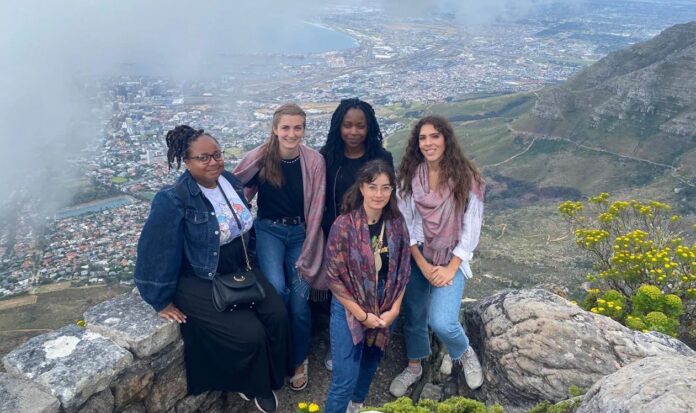“As I travel across Africa creating games, there’s something everyone seems to agree on…” says Bethlehem Anteneh, a trained architect, co-founder of SOSTLab and the moderator of the She Got Game panel at Africa Games Week (AGW). “Think of a bar where 90% of the people are men. Usually the idea is they have great beer but the presence of few women means that the interior is a little wanting.”
“The idea is that for men, it is the function (the beer) that matters more than the environment. Whereas if 90% of the people in a bar were women, the idea is that the environment is more appealing than the actual content. Yes, the quality of the drink matters but the first inviting thing was the environment.”
This analogy shows how spaces affect people differently. When it comes to female game developers, it’s not only about the quality of their work but also about the environment they work in. This idea was at the heart of the discussion on the 2nd of December 2023 at the AGW panel titled: The Importance of an Entrepreneurial Mindset and Business Support for Female Game Developers.
Supportive environment
The panel united women from African and Swiss video game industries, who shared their unique experiences. These women were part of the first She Got Game mentorship program by the Swiss Arts Council, Pro Helvetia, which aims to promote equal opportunities in the global video games scene. Panelists included Bethlehem Anteneh from Ethiopia, Lúcia Ribeiro from Switzerland, Sithe Ncube from Zambia, Adeline Tushabe from Uganda, and Kathleen Bohren from Switzerland.
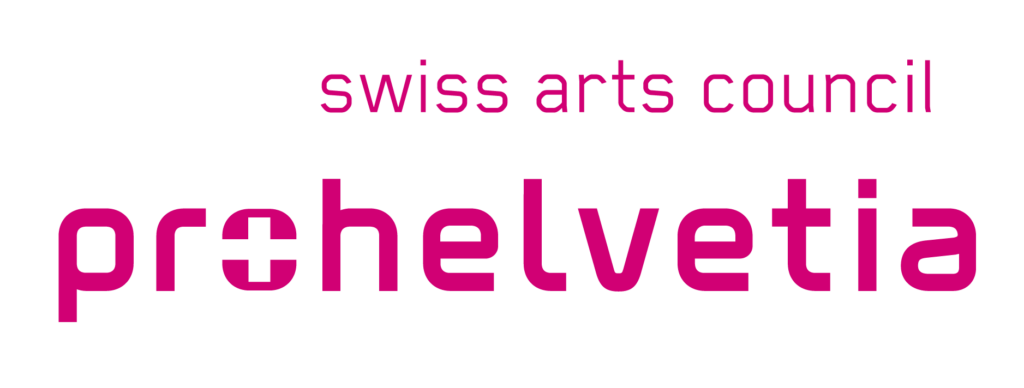
Currently, an associate producer at Nyamakop in South Africa and an advisor for Humble Games’ Black Game Developer Fund, Sithe attributes her journey to a supportive environment. Reflecting on her experience as a mentor, she shared, “I played games a lot as a child, but 2013 is when I realized I wanted to be in the video games industry. I was working at a tech incubator in Zambia, surrounded by programmers, and it never crossed my mind that we could make our own games.
Then someone told me about a game developer in our community who had developed a fighting game based on their comic. I was very curious, and when I finally got to meet them it opened my mind up to all the possibilities,” She explored game development tools and found many accessible options. The next year she participated in the Global Game Jam, connected with more people and started a whole new community.
Very personal
Sithe’s mentee was Dooshima Anger from Nigeria, she recalls, “It was 6 months of mentoring. We did 16 one-hour sessions. I started by understanding my mentee’s needs and ensuring the sessions were tailored for her. There were 12 mentors with 2 or 3 mentees each. I had only one because I was new to mentorship. I realized what was valuable for her was not working on her game but on her career and skills. So I had to go outside the intentions of the program to fulfil my role as a mentor.”
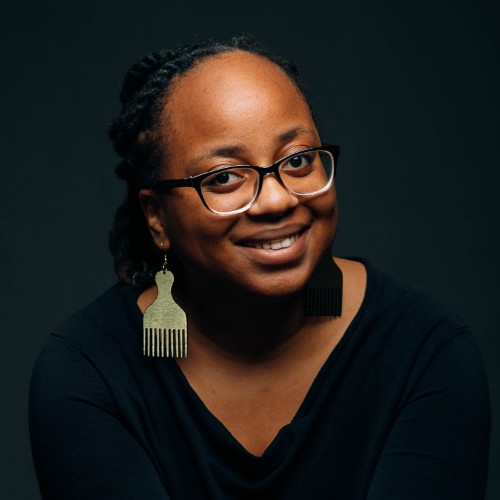
Each mentee asked their mentor for help on specific things which made the experience very personal. Kathleen’s mentor was Dasha from Moscow, “We met and learned how we wanted to work together and adapted. It was tough because nothing was working for me at that time. Eventually, I decided to stop and start anew.” Dasha created an environment where Kathleen felt comfortable sharing her challenges and making tough decisions. She is currently pursuing a master’s degree in Game Design and contributes to multiple interactive game projects. Notably, she is an animator on the project Tom the Postgirl at Oopsie Daisies studio.
Passionate female developers
Kathleen’s master’s thesis aims to shed light on the evolution of video games targeted towards girls. She emphasized, “It’s super important for young girls to have access to games. Games are often the first link to computers for kids. If little girls have access to games, it means we’ll have passionate female game developers from a young age. This early introduction is crucial. More diversity means more interesting games.”
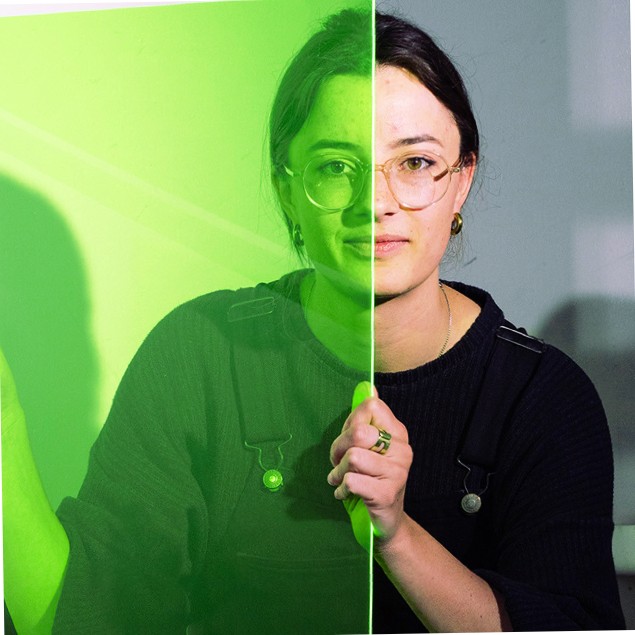
On some days at 2 pm, the mentees had peer meetings, and Kathleen humorously shared, “I was in an open office, so I had to go to a corner, put on my headsets, and say sorry, I can’t work for 2 hours. The meetings often got longer than they were supposed to, so I was kind of working and in the meeting at the same time. It was challenging but worth it. The exchange between the countries was the most insightful.”
Good perspective on game design
Adeline’s experience echoed Kathleen’s sentiments, emphasizing the value of cultural exchange. Her mentor, Yasemin from Switzerland, helped Adeline with her project, and they even created a new one together. Adeline shared, “My highlight was when Yasemin offered to play test my game in her company. They created videos, and I could see them playing the game.
During the playtest, six people played at the same time, and I noticed they laughed at certain texts, which was great. It gave me a good perspective on game design and how people actually play our games compared to how we think they will.” Based in Kenya, Adeline is passionate about creating immersive gaming experiences and has diverse experience in game development projects, from mobile to PC and VR.

Talk in Public
Lucia’s journey into game development was quite coincidental. She was introduced to her co-founder Robin by a mutual friend. Robin had an idea for an educational game and needed a graphics and UX designer, which Lucia happened to be. “It was so new to me, so I learned a lot and had a great experience. Working with a team of 6 with diverse knowledge was really interesting. And when we started to see the results of the game and how it can impact someone we decided to establish the company and keep going.”
Lúcia is the co-founder of Pestrorosso Games and serves as the studio’s graphic and UI/UX designer, focusing on game interfaces and visual materials. When she joined the program, her game was already out, but she wanted to get a game publisher. Seeking guidance from her mentor Dajana based in Denmark, she shared, “Dajana helped me learn how to present my game to a publisher and how to talk in public, so that was helpful. She talked to me about the education system in Denmark, suggesting future opportunities. It was also nice because she said we could keep in touch and if I needed her help I should just reach out. We are still in touch. It doesn’t stop because the program came to an end.”
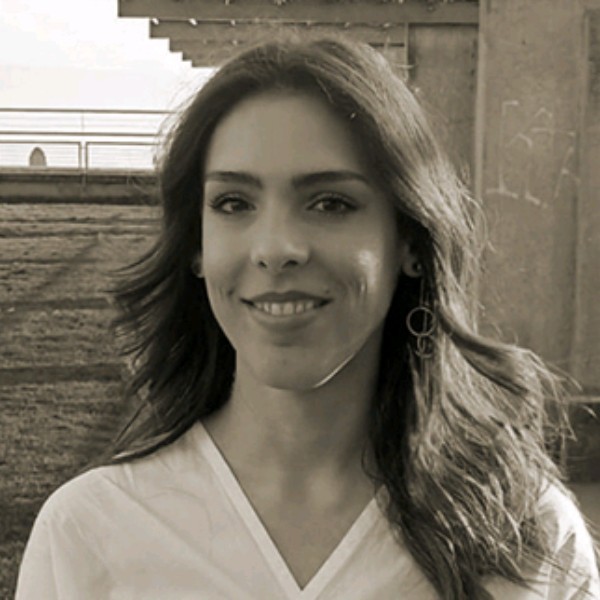
Bethlehem reinforced Lucia’s thoughts, saying, “This is one thing I see happening in programs like these and even when events like AGW occur. It’s easy to say to someone, hey, I like what you’re doing, let’s get to know each other, and it never stops afterwards. It’s beautiful!
Entrepreneurial mindset
In line with the panel’s theme, Lucia stressed the importance of an entrepreneurial mindset, saying, “You have to know and learn about business. If you just stay as a game developer, I think you won’t go very far. Put on your business hat and be willing to change your game so that you can get support. Because if you make the game and there’s no audience for it then it doesn’t allow you to make more games.”
This brings us back to the bar analogy. She Got Game and similar programs are creating an attractive and conducive environment where female game developers and entrepreneurs can thrive and step into leadership roles in the video game industry. After all, as Kathleen and Lucia said respectively, “More diversity means more interesting games” and “Both women and men enrich things.”

I enjoyed sitting in a talk where 90% of the occupants were women, and it’s inspiring to see initiatives like the DCI Intermediaries Short Course by Wits University, Epic Games’ Women Creator Program, Women in Games Mentorship Program, and Swahili Esports Champions supporting women in the digital creative industries(DCIs).
African gaming scene
Kathleen’s sentiments on the importance of introducing video games to young girls early resonated deeply. My journey started with a gamified app on my mother’s laptop during my teenage years, sparking my passion for games. The African gaming scene actively encourages women, with events like Swahili Esports Champions that celebrate female talent and entrepreneurship. The 2023 edition featured exceptional players from Benin, Ivory Coast, Kenya, Madagascar, Senegal, South Africa, Uganda, and Zambia.
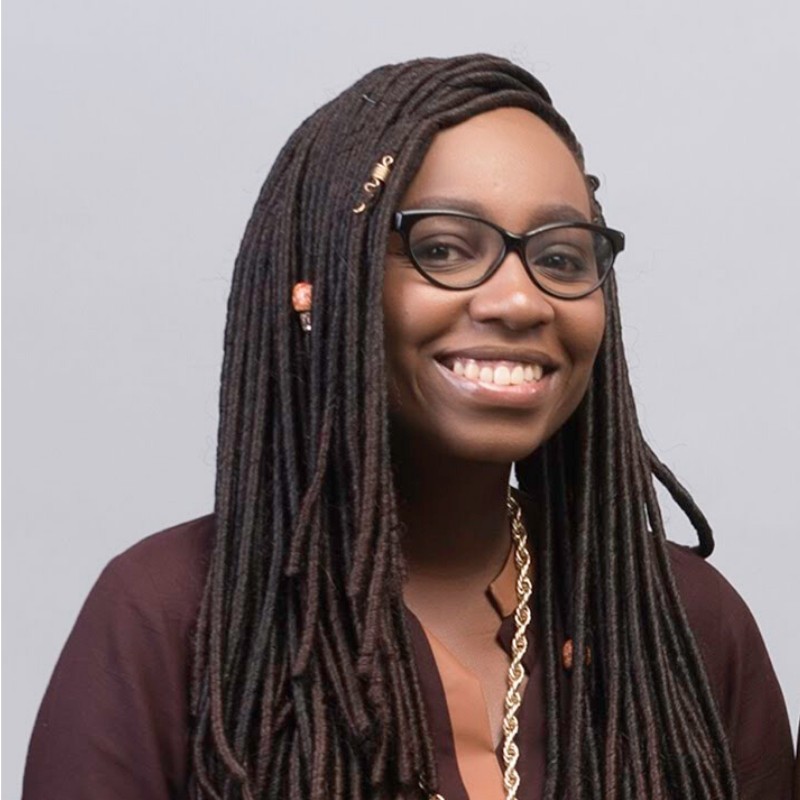
As a graduate of the all-women DCI Intermediaries Short Course, I learned a lot about entrepreneurship and even registered my business. Similar to She Got Game, the course funded my trip to a digital creative industry event—the Fak’ugesi Festival in Johannesburg, where I showcased the work of two creatives. The impact of in-person meetings was clear from the She Got Game panelists, who were inseparable at Africa Games Week and Playtopia Festival. Much like the inviting atmosphere of a bustling bar, the panelists, inspired by Bethlehem’s words, aim to revive their silent Discord channel. It’s their way of brightening the environment for fellow participants to continue connecting and growing as women in video games.

